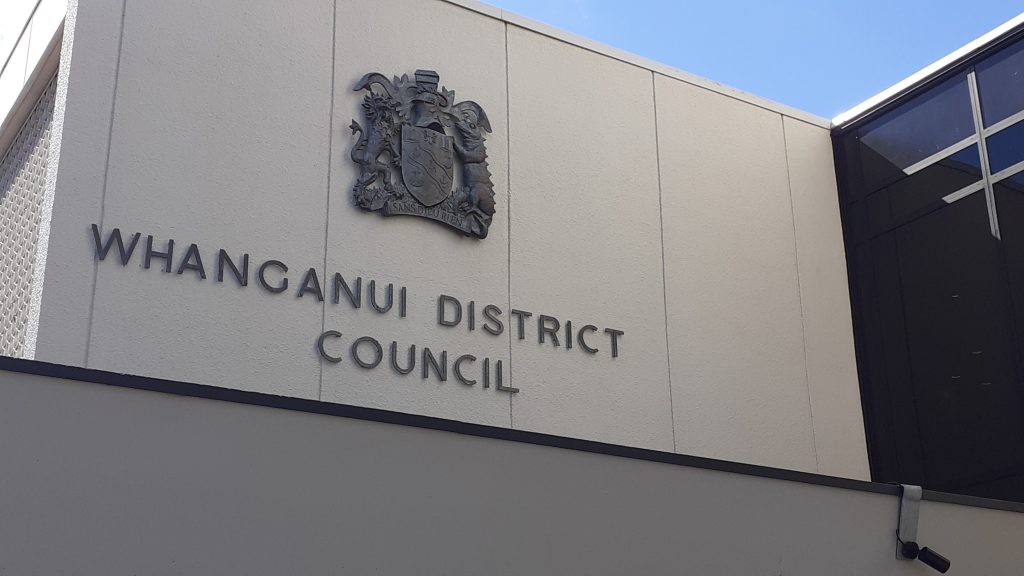
By Moana Ellis, Local Democracy Reporting
Whanganui has six weeks to have its say on council proposals for changes to the sale and supply of alcohol in the district, including lifting the cap on the number of off-licences.
Whanganui District Council’s new draft Local Alcohol Policy (LAP) will go out for community consultation on Monday.
The LAP is a reference for the District Licensing Committee, which operates independently of the council to make decisions on applications for alcohol licences.
The policy was introduced in 2019 with the broad aim of minimising the risk of alcohol-related harm. It is up for its first six-yearly review.
The new draft policy includes a proposal to ditch the cap on off-licences.
In 2019, the council’s first LAP set a limit of 14 off-licences, with supermarkets and grocery stores exempt.
But by 2023 the District Licensing Committee had approved an additional three over the cap, bringing the total of off-licences in the district to 17.
The Sale and Supply of Alcohol Act says a licensing committee must have regard to a LAP when deciding whether to issue a licence but is not required to follow it.
‘Negative social outcomes’
Mayor Andrew Tripe called upon central government lawmakers to do more to address the impact of alcohol, drug and gambling abuse.
“We can only do so much as a community to address the effect of those big three,” Tripe said.
The council is now proposing to keep the cap of 14 on bottle stores but remove the overall cap and introduce a “risk framework” for other licences such as supermarkets, breweries and distilleries.
Council policy manager Elise Broadbent said the new risk assessment framework would fit with the District Licensing Committee’s case-by-case approach and give it risk-based criteria to use when considering applications.
“Many people consume alcohol responsibly but, as we all know, alcohol can lead to negative social outcomes including long-term health conditions, foetal alcohol spectrum disorder, family violence, crime, and road accidents,” Broadbent said.
Off-licences in Whanganui are currently not allowed to open within 100m of sensitive sites such as early childhood centres, schools, marae, places of worship, alcohol treatment centres, and children’s parks or playgrounds. This restriction would come under the proposal’s new risk framework.
Supermarkets and grocery stores are exempt from sensitive site restrictions but the new framework would apply to these businesses as well.
Businesses already based near sensitive sites would be exempt.
The risk framework would include deprivation levels, proximity to other licensed venues, zoning under the District Plan, and risks associated with selling alcohol online.
Changes are also proposed to the times when alcohol can be sold.
Feedback from a recent council survey showed a strong preference for venues “not to be able to sell alcohol so early in the morning”.
New opening hours
“A number of respondents, including local and national police and health organisations, suggested alternative opening hours,” Broadbent said.
Eighty per cent of the 424 respondents to the survey said they drank alcohol mostly at home.
Under the proposed new policy, opening hours for licensed venues would be raised to 9am to limit the impact of alcohol sales on younger people before school.
Off-licences would be able to sell alcohol til 9pm, sports clubs and restaurants to midnight, and taverns, hotels, bars, pubs, and nightclubs til 2am the next day, as is currently the case.
After a request from Whanganui Police, on-licence venues would be subject to a one-way door restriction from midnight, regardless of closing time.
Currently businesses have a one-way door policy for one hour before their individual closing time.
‘One-way door policies are an effective tool for reducing the incidence of alcohol harm.’
A one-way door policy means patrons can leave a premises but can’t enter after a certain time.
“One-way door policies are an effective tool for reducing the incidence of alcohol harm as it leads to people trickling out the door, rather than large numbers leaving all at once at closing time,” Broadbent said.
The draft policy also proposes requiring single-unit sales from off-licences be under $6, and banning buy-now-pay-later schemes for alcohol purchases.
Neither of these conditions are mandatory, but they may be imposed if the District Licensing Committee decides a specific venue requires more direct management.
Businesses selling alcohol online also need to demonstrate they have appropriate measures in place to minimise alcohol-related harm, such as requiring identification at point-of-sale.
“These proposed changes reflect our commitment to ensuring a responsible alcohol environment in our community,” Broadbent said.
Awa FM – Te Reo Irirangi o Whanganui
For more of our people, our stories, our way, click News or follow us on Facebook.
